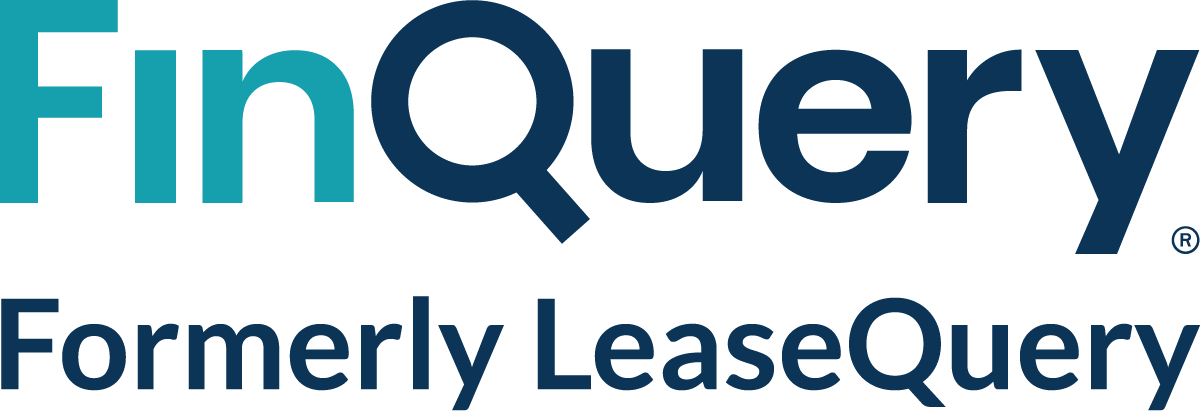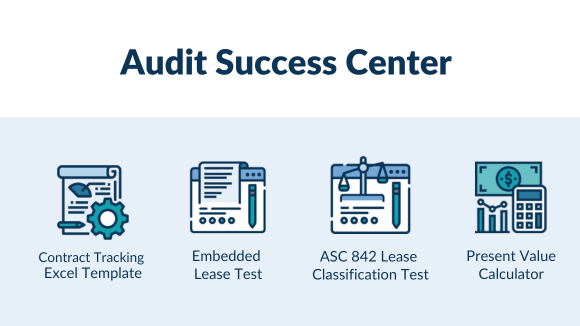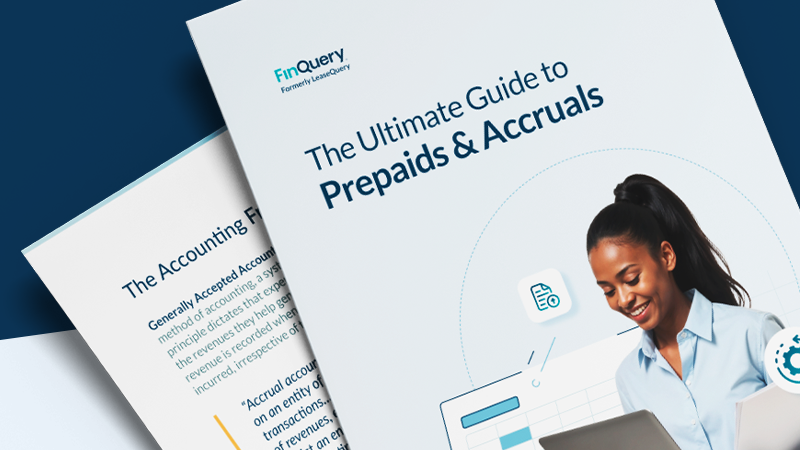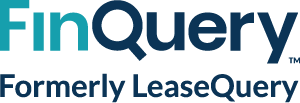Integrating contract management with other business systems means connecting your contract repository with other tools your company uses, such as ERP, CRM, and procurement systems. This allows data to flow seamlessly between systems, eliminating data silos and manual data entry.
Consider a large retail company with numerous stores and vendor contracts. Without an integrated contract management system, they face significant challenges, including missed renewals, inconsistent vendor management, manual errors, and a lack of visibility into their contract portfolio, leading to financial losses and operational disruptions.
The lack of a centralized system hindered visibility into the company’s contract portfolio, making it difficult to identify risks, track obligations, and make informed decisions. This ultimately led to financial losses, operational disruptions, and increased risk. Implementing an integrated contract management system helped the company overcome these challenges and improve its contract management processes.
The benefits of integrating contract management with your business systems
Integrating contract data streamlines operations by automatically syncing key details between systems, eliminating manual data entry, and reducing errors. Imagine your marketing department signs a contract with a software provider for a new marketing automation platform. With FinQuery Contract Management, key details, such as subscription terms, payment schedules, and renewal clauses, are instantly available to relevant teams, including finance and IT.
This eliminates the risk of the contract getting lost in email chains or shared drives, ensuring everyone is working from the same, up-to-date information. Your legal and procurement teams benefit from accessing these contract details, ensuring streamlined collaboration and enhanced visibility. FinQuery Contract Management also automates the prepaid expense entry for the annual software subscription, and as the marketing team utilizes the platform, the accrual of monthly expenses is automatically calculated and can be pushed directly into your ERP. This ensures accurate and timely financial reporting, providing a clear picture of marketing expenditures and eliminating the need for manual journal entries and reconciliations.
This seamless flow of data between systems:
- Reduces manual data entry and automates workflows.
- Minimizes the risk of errors caused by manual data entry and ensures data consistency across systems.
- Facilitates better communication and collaboration between departments by providing a single source of truth for contract data.
- Automates contract-related tasks, such as approvals, renewals, and notifications, to optimize contract lifecycle management.
- Ensures adherence to contract terms and regulatory requirements by centralizing contract data and automating compliance tasks. This minimizes the risk of penalties and legal issues.
How integration streamline workflows, improve data accuracy, and enhance collaboration
Imagine your procurement team in a manufacturing plant negotiates a new raw material supply contract, and the final agreement is executed electronically within your contract management system. Key details, like unit pricing, delivery schedules, and quality control specifications, automatically sync with your ERP system.
This ensures that material requisitions and inventory management are accurate and efficient, directly impacting production schedules and preventing costly line stoppages due to material shortages or quality issues. Simultaneously, relevant teams on the factory floor and in quality control receive automated notifications about the new contract, including specific quality parameters and delivery timelines, keeping everyone informed and aligned. This eliminates delays caused by manual data entry, reduces manual handoffs between procurement, production, and quality teams, and minimizes the risk of errors or miscommunication that can lead to production disruptions and financial losses.
In the technology industry, consider a software company that signs a multi-year subscription agreement for cloud-based development tools. The contract management system automatically creates prepaid expense entries for the subscription, accurately reflecting the future benefit. As monthly usage is tracked, the system automatically accrues the appropriate expense, ensuring financial statements accurately reflect the company’s operational costs. This integration with the ERP eliminates manual journal entries, reduces the risk of errors, and provides real-time visibility into software expenses, aiding in budget management and financial forecasting.
Integrating your contract management system goes beyond simple efficiency gains by providing a centralized view of your contract portfolio and automating key tasks. This allows you to proactively manage renewals by easily tracking deadlines and receiving automated reminders, preventing missed deadlines and potential financial losses. You can also effortlessly generate comprehensive reports on contract performance and compliance, enabling data-driven decision-making and better insights into your overall contract landscape.
Integration approaches and technologies
- API-led Integration: Modern contract management systems offer APIs (Application Programming Interfaces) that allow for seamless data exchange with other systems. This enables real-time data synchronization and flexible integration options.
- Pre-built Connectors: Some contract management solutions provide pre-built connectors for popular business systems, simplifying the integration process and reducing implementation time.
- Middleware: Middleware platforms can be used to connect different systems and facilitate data flow between them. This is particularly useful for complex integration scenarios involving multiple systems.
- Cloud-based Integration: Cloud-based integration solutions offer scalability and flexibility, allowing for seamless integration between cloud-based and on-premise systems.
FinQuery Contract Management’s integration capabilities
FinQuery Contract Management offers robust integration capabilities to help businesses streamline their contract workflows and improve data accuracy. Our platform provides:
- Pre-built integrations: Seamlessly connect prepaid and accrual accounting with popular ERPs.
- Automated workflows: AI-assisted contract entry and automated actions triggered based on contract events.
- Streamlined reporting: Export journal entries, rollforward reports and amortization schedules directly into your ERP.
How FinQuery’s contract integrations drive value for your organization
- Controllers: Enhanced accuracy, streamlined financial closes, improved audit readiness, greater financial control, and reduced risk through automated data transfer and comprehensive visibility.
- Finance Teams: Streamline accounting processes, improve accuracy in financial reporting, and gain greater visibility into lease and contract obligations and financial commitments for better financial planning and analysis.
- IT Teams: Benefit from seamless integration with existing ERP and other business systems through pre-built integrations and open APIs, minimizing the need for IT support and custom development.
- Procurement Teams: Gain greater control and visibility over vendor contracts, automate key procurement processes, and centralize contract data for improved collaboration and efficiency.
- Legal Teams: Centralize and manage contracts, track key obligations and deadlines, and ensure compliance with contract terms and regulatory requirements, minimizing legal risks.
- Financial Planning & Analysis Teams: Access comprehensive lease and contract data and reporting in one system to improve forecasting, budgeting, and resource allocation, enabling better financial planning and analysis.









